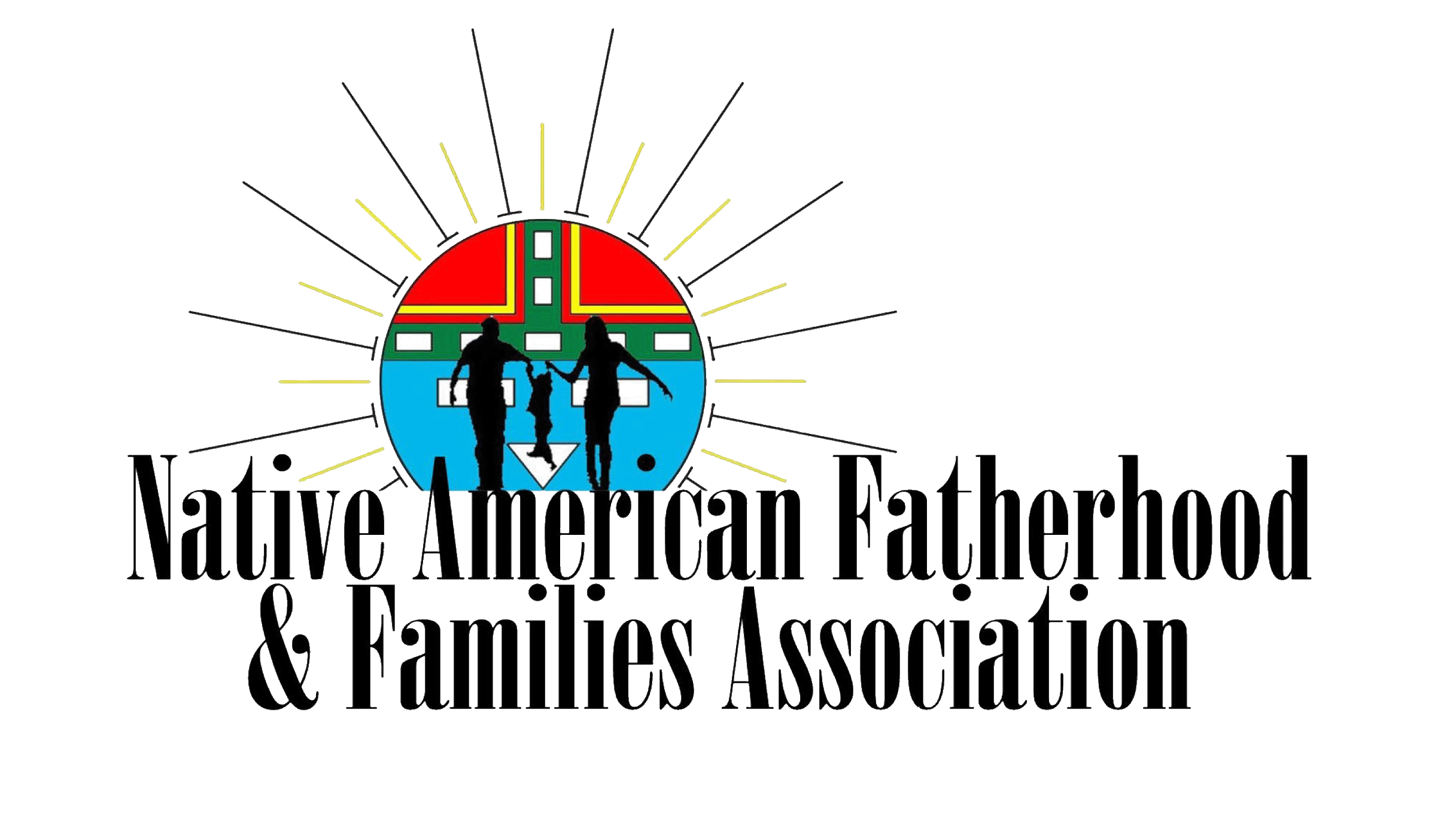Native Americans and Discrimination in the Workplace
- Admin
- Feb 15, 2022
- 3 min read
Guest Blogger: Cendy Moliere
Native Americans often face discrimination at work. From the Robert Wood Johnson Foundation and Harvard T. H. Chan School of Public Health a study conducted found that almost 1 in 3 Native Americans have been the victims of discrimination at work.
“Overall, Native Americans report substantial and significant personal experiences of discrimination, across many areas of life. In the context of institutional forms of discrimination, roughly three in ten Native Americans say they have been personally discriminated against because they are Native when being paid equally or considered for promotions (33%), when applying for jobs (31%), and when interacting with the police (29%).” See Study

It is illegal for employers to discriminate against employees because of their race, sex, place of birth, or religion. Title VII of the Federal Civil Rights Act which was passed in the 1960s making it a federal offense for employers to discriminate against minorities for those reasons, but every day employees are still dealing with discrimination at work. If you’re a Native American who is experiencing discrimination at work, you have a right to file a complaint against your employer with the Equal Employment Opportunity Commission (EEOC). The EEOC can investigate in all 50 states because it is a federal agency.
The EEOC also has an agreement to share information with the state governments in 44 states. If you live in one of those states when you file a complaint the EEOC will send copies of the complaint and any supporting documents to the state. Then the state will investigate to see if your employer broke any state discrimination laws. Your employer could face both federal and state charges for discrimination.
Examples Of Workplace Discrimination:
Some of the ways that Native Americans are often discriminated against at work include:
Being Denied Raises or Promotions
If you work at a company for a set period of time, it’s expected that you will get raises at set intervals. If you’re not getting the raises that others are getting that is discrimination. Also, if you are being passed over for promotions that you’re qualified for that’s discrimination.
Targeted Harassment
Unfortunately, bullying is the most common type of discrimination that Native Americans face. If your coworkers or bosses make offensive “jokes” about Native Americans, use racial slurs or offensive language, promote unfair stereotypes, or in any way bully or harass you because you are Native American that’s discrimination.
Getting Hours Cut
Hourly wage workers whose hours get cut further and further until they are barely working are victims of discrimination. Your boss can’t use your schedule to discrimination or to give preferential shifts to other workers.
Filing A Workplace Discrimination Claim
Anyone can file a claim of discrimination against their employer with the EEOC. But before you go to the EEOC give your employer a chance to fix the problem. Gather as much evidence of discrimination as you can. Make copies of your schedule, print out any emails with offensive comments, take screen shots of chat logs or messages that use offensive language, and make a list of each time that you’ve experienced discrimination at the company. Take all of that to your boss or to your HR rep and explain that you are being discriminated against. If your boss or your HR rep tell you that you’re misreading the situation, or they indicate that they don’t believe you or won’t help you then go to the EEOC’s website and file a complaint. Submit all your documentation with your complaint.
You can also file a complaint on the state level too. In Arizona, you can file a discrimination complaint with the Arizona Department of Economic Security. When you file a discrimination complaint on the state level in Arizona, It will be dual filed with the EEOC, that way you don’t have to file two complaints.
Remedies for Harassment and Discrimination
If the EEOC finds that you have been a victim of discrimination you could receive money for back wages, a raise or promotion that you were denied, or other compensation that you should have received. You may also receive money for pain and suffering if you were bullied or harassed.

No one wants to face the reality of being discriminated at work, but by bringing this issue out in the open non-natives can learn appropriate behaviors to help Native Americans feel comfortable and needed in their workplace.





Comments